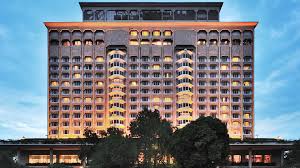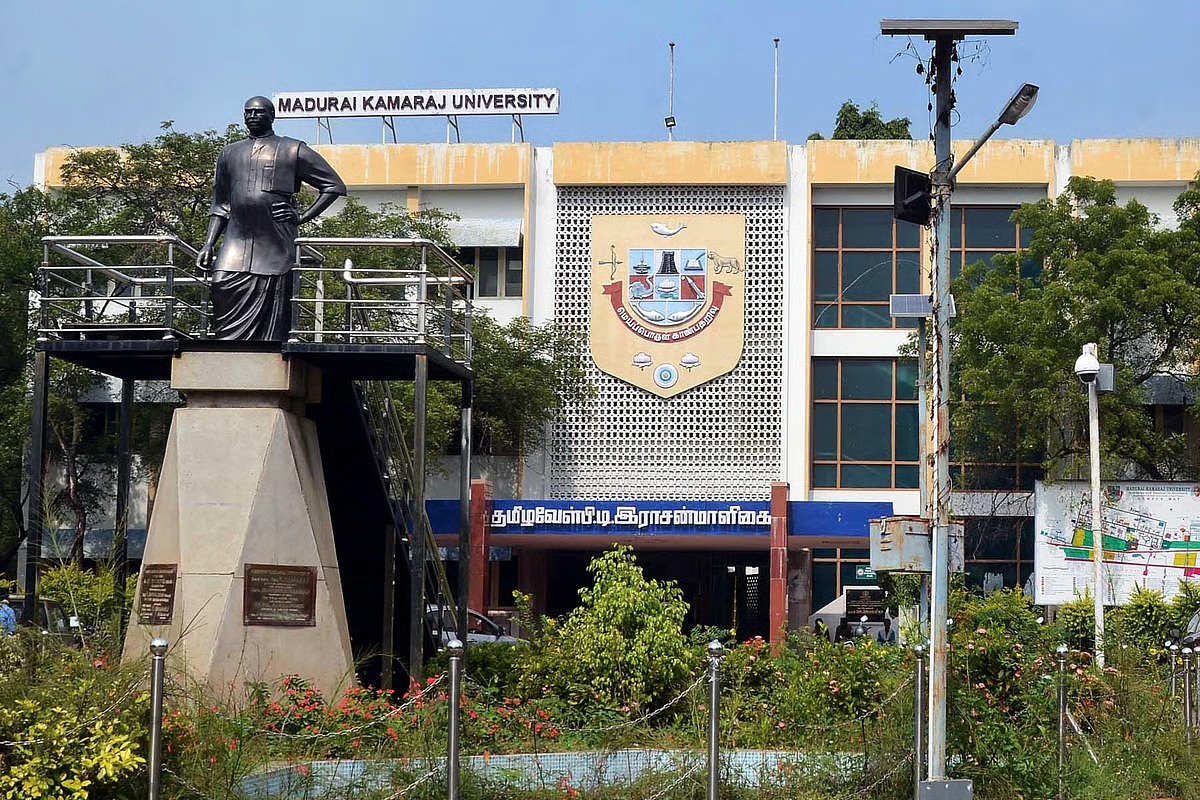R.S. Mangia, J.@mdashThe Appellant (writ-Petitioner), an I.P.S. Officer, was promoted to the rank of Inspector General of Police, Haryana, on January 11, 1979, but was posted on a non-cadre post of Commandant General Home Guards and Director, Civil Defence, Haryana. Later, he was appointed on another non-cadre post of Inspector General of Prisons, Haryana, which post he was holding till the date when his writ-petition was decided by the learned Single Judge.
2. In Schedule III to the Indian Police Service (Pay) Rules, 1954 (hereinafter called the Pay Rules), various posts of the I.P.S. cadre in the different States are mentioned. In the State of Haryana, one of the cadre post in the I.P.S. was Inspector General of Police, which was the highest post in the hiearchy with the pay-scale of Rs. 2,500--125/2--2,750. Rule 9 of the Pay Rules provides that no member of the Service shall be appointed to the post other than a post specified in Schedule III, unless the State Government concerned in respect of the posts under its control makes a declaration that the said post is equivalent in status and responsibility to a post specified in the said Schedule. For ready reference, Rule 9 of the Pay Rules is quoted below:
9. Pay of members of the Service appointed to posts not included in Schedule III.--(1) No member of the Service shall be appointed to a post other than a post specified in Schedule III, unless the State Government concerned in respect of posts under its control, or the Central Government in respect of posts under its control, as the case may be, makes a declaration that the said post is equivalent in status and responsibility to a post specified in the said Schedule.
(2) The pay of a member of the Service on appointment to a post (other than a post specified) in Schedule III shall be the same as he would have been entitled to, had he been appointed to the post to which the said post is declared equivalent.
(3) For the purposes of this rule ''post other than a post specified in Schedule III includes a post under a body incorporated or not, which is wholly or substantially controlled by the Government''.
(4) Notwithstanding anything contained in this rule, the State Government concerned in respect of any post under its control, or the Central Government in respect of any posts under its control, may, for sufficient reasons to be recorded in writing, where equation is not possible, appoint any member of the Service to any such post without making a declaration that the said post is equivalent in status and responsibility to a post specified in Schedule III.
(5) A member of the Service on appointment to a post referred to in Sub-rule (4), in respect of which no pay or scale has been prescribed, shall draw such rate of pay as the State Government, in consultation with the Central Government in the case of a post under the control of the State Government, or as the Central Government, may after taking into account the nature of duties and responsibilities involved in the post, determine.
(6) A member of the Service on appointment to a post referred to in Sub-rule (4), in respect of which any pay or scale of pay has been prescribed, shall draw where the pay has been prescribed, the prescribed pay and where scale of pay. has been prescribed, such rate of pay not exceeding the maximum of the scale as may be fixed in this behalf by the State Government, or as the case may be, by the Central Government:
Provided that the pay allowed to an officer under the sub-rule and Sub-rule (5) shall not at any time be less than what he would have drawn had he not been appointed to a post referred to in Sub-rule (4).
3. It will be seen from the reading of the above-said Rule that if an I.P.S. Officer is appointed to a post, which is not mentioned in Schedule III to the Pay Rules, i.e., he is appointed to an ex-cadre post, then the State Government is required to give a declaration that the ex-cadre post is equivalent to a post in the cadre mentioned in Schedule III. Since the Appellant had been posted to a non-cadre post of Commandant General Home Guards and Director, Civil Defence, Haryana and later again to another non cadre post of Inspector General of Prisons, the State of Haryana as per requirement of Rule 9(1) of the Pay Rules, issued a declaration on 11th January, 1979, (Annexure P-1) declaring the post of Commandant General Home Guards and Director, Civil Defence, Haryana and the Inspector General of Prisons, Haryana, equivalent in status and responsibility to the post of Inspector General of Police, Haryana, which was a cadre post mentioned in Schedule III of the Pay Rules. There was no dispute between the parties that the Appellant while working as Commandant Home Guards and Inspector General of Prisons, Haryana, was entitled to the pay-scale of the Inspector General of Police, Haryana, because of the declaration of equivalency in status and responsibility to the said post of Inspector General of Police.
4. On 20th October, 1982,--vide Annexure P-2, the Central Government caused an amendment in Schedule III to the Pay Rules concerning the State of Haryana, whereby the entry pertaining to the Inspector General of Police carrying pay-scale of Rs. 2,500--125/2--2.750 was substituted by the entry ''Director General and Inspector General'' of Police, carrying pay of Rs. 3,000 per month. According to the Appellant-writ Petitioner, since the post of Inspector General of Police in Schedule III to the Pay Rules, had been substituted by the post of Director General and Inspector General of Police, he automatically became entitled to read in the order, Annexure P-1, (declaration of equivalency) his status and responsibility to be equivalent to the substituted post of Director General and Inspector ''General'' of Police. ''He in fact started drawing ''Rs. 3,000 from the said date. The Appellant required of the State of Haryana to make necessary formal orders changing the equivalency to that of Director General and Inspector ''General'' of Police instead of just Inspector General of Police. The March, 1985 (Annexure P-3) partially modifying the order dated 11th January, 1979 (Annexure P-1), which is to the following effect:
...the ex-cadre post of Inspector General of Prisons, Haryana, will be treated equivalent in status and responsibility to the post of Inspector General of ''Police specified in Part-A off Schedule III of the said Rules, with effect from 20th October, 1982 onwards, the date from which the cadre post ''Of Inspector General of Police, Haryana, ceased to exist on account of encadrement of the ex-cadre post of director General of Police, Haryana.--vide Government of India ... ... ... ...
According to the Appellant, the declaration as modified,--wide order dated 8th March, 1985 (Annexure P-3) was self-contradictory, inasmuch as there was no post left with the State of Haryana of the rank of Inspector General of Police, as the same stood substituted by another post of Director General and Inspector General of Police and therefore, the declaration was bad in law as the same had to be regarding the equivalency of posts which existed in the Schedule and not to a non-existent post. It may be mentioned that after the declaration was modified on 8th March, 1985, the State Government was of the view that the Appellant could not draw pay more than Rs. 2,750. The Appellant filed a writ petition challenging the order (Annexure P-3) and claimed relief that either it should be declared that on the substitution of the post of Inspector General of Police by Director General and Inspector General'' of Police by way of amendment of Schedule III to the Pay Rules, there was automatic substitution in the declaration, Annexure P-1 regarding the equivalency find the words ''Inspector General of Police'' should be automatically read as ''Director General and Inspector General'' of Police, or in the alternative the State Government should be directed to retrospectively declare the ex-cadre post of the Appellant equivalent to some posts which were in existence in the cadre as reflected in Schedule III to the Pay Rules.
5. The learned Single Judge held that by virtue of Rule 3 of the Indian Police Service (Special Allowance) Rules, 1977, the Inspector General of the State of Haryana was statutorily entitled to a special allowance at the rate of Rs. 250 per. mensem. Since, according to the learned Single Judge, the Appellant-Petitioner had reached the maximum of the pay-scale of the Inspector General of Police (Rs. 2,750), he was entitled to Rs. 250 per mensem as special allowance under the above quoted rule. Consequently, the learned Judge came to the conclusion that the Appellant''s pay could not be reduced from Rs. 3,000 to 2,750 and he was entitled to receive pay of Rs. 3,000 per mensem. It may just be noted here that against this part of the judgment, the State had filed L.P.A. No. 89 of 1986, which was dismissed in limine on 3rd February, 1986. As far as the other aspect of the matter is concerned, the learned Single Judge held that the amendment of the Schedule to the Pay Rules when the post of Inspector General of Police was substituted by ''Director General and Inspector General'' of Police was legislative in character; whereas, granting of declaration under Rule 9(1) of the Pay Rules was executive in character, and therefore, by substitution of the post in Schedule III could not be automatically read in the declaration which was issued by the State Government under Rule 9(1) of the Pay Rules. The Appellant who appeared in person could not persuade us to take a different view of the matter. We are of the opinion that the learned Single Judge was right in holding that on the amendment of Schedule III by way of substitution of a post, the same substitution could not be automatically read in the declaration. The amendment of the Schedule and the declaration under Rule 9(1) are part of different fields and if something happens in one field that would not be automatically taken to have happened in the other field also.
6. Now coming to the other argument of the Appellant that the declaration envisaged under Rule 9(1) has always to be a living declaration meaning thereby that the equivalency of the ex-cadre post to the cadre post has to be of such a post which remains in existence all the time the declaration exists. In other words, the declaration of equivalency cannot be to a post which does not exist any more in Schedule III indicating the cadre posts. For this argument strong reliance was placed by the Appellant on the Supreme Court judgment in
7. For the reasons recorded above, this appeal fails and is dismissed, with no order as to costs.

